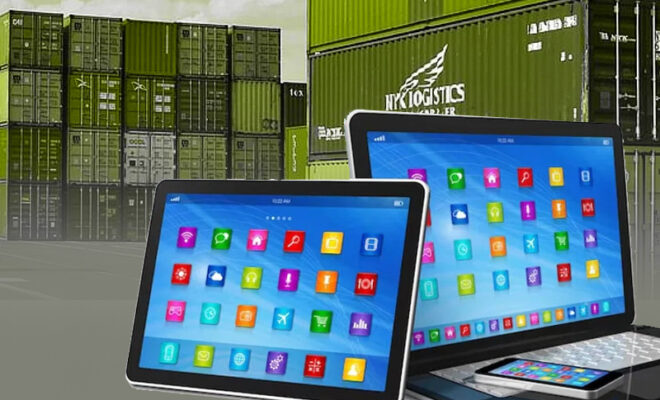Govt Extends Deadline Of Import Restrictions On Laptops, Computers

India’s Directorate General of Foreign Trade (DGFT) has delayed the implementation of import restrictions on laptops, tablets, and personal computers until November 1, 2023.
Prior to this, import consignments of these devices could be cleared without a license until October 31, 2023. Starting from November 1, a valid License for Restricted Imports will be necessary for importing such products.
The move was initially aimed at boosting domestic manufacturing and addressing security concerns. India’s government aims to promote the production of these devices within the country while reducing imports from countries like China and Korea.
Brands like Apple, Lenovo, HP, Asus, Acer, and Samsung could be impacted by this directive, which requires entities to acquire a “Valid License for Restricted Imports” to bring these devices into the country for sale.
People traveling abroad can still bring one laptop, tablet, all-in-one personal computer, or ultra-small form factor computer in their baggage when returning to India. However, the exemption doesn’t apply to items intended for sale within the country.
Import licenses allow a waiver for up to 20 items per shipment, but they must be used solely for research, testing, evaluation, repair, re-export, or product development, and cannot be sold domestically.
In such cases, customs duty charges will apply upon bringing items into India, and they must be re-exported or destroyed after their designated use.
The restriction on the certain imports of laptops, computers & tablets, will bolster the Indian electronics manufacturing industry and increase control over imports.
ALSO READ: India To Become $6.7 Trillion Economy By 2031: S&P Global
The delay in its implementation offers a grace period for existing importers to adapt to the new regulations.
This is the Indian government’s broader strategy of encouraging domestic production in various sectors, such as electronics & ITs, to enhance the country’s self-reliance and reduce dependence on extensive imports.



